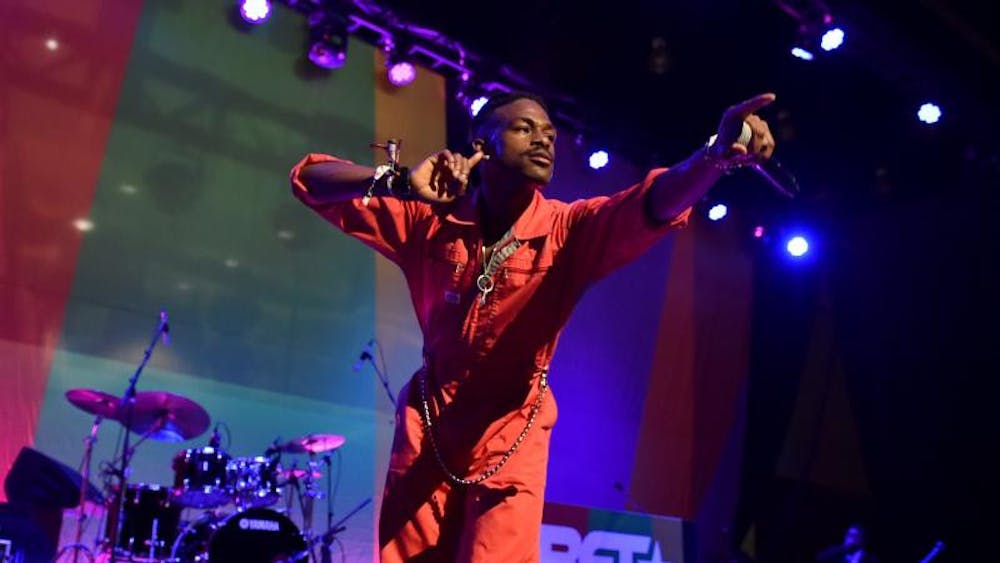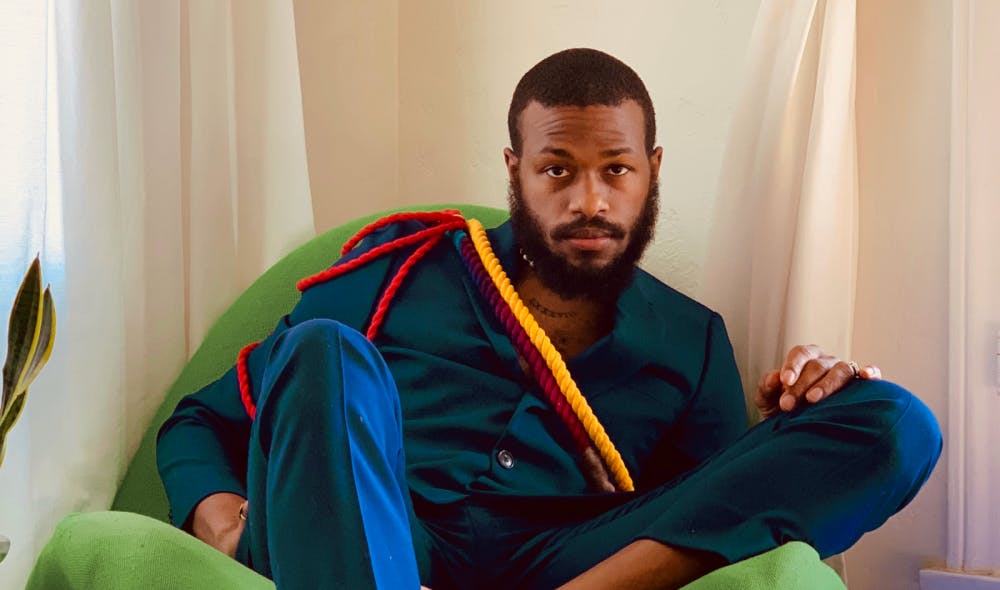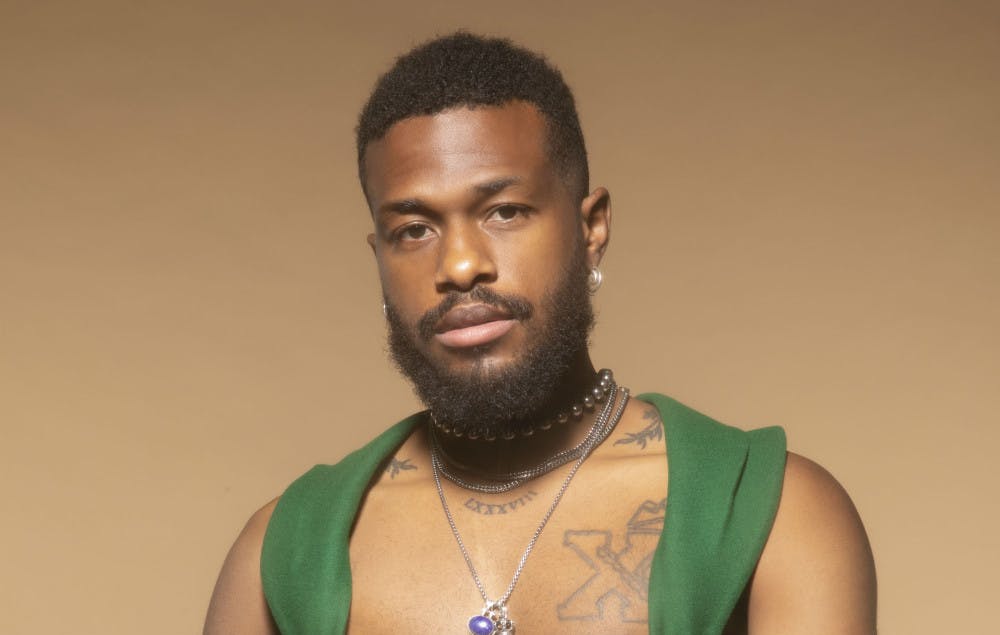Recently, a handful of correspondents at WIUX received the great privilege of participating in an exclusive press conference with prolific R&B musician Duckwrth to discuss the release of his newest studio album, SuperGood.

Brandishing a fresh new mop of traffic cone-orange hair and sporting the screenname “VOLDEMORT” on the zoom call, Duckwrth (Born “Jared Lee”) proved himself to be an incredibly lively and down-to-earth presence. The conversation shed light on the inspirations and songwriting process for Duck’s latest album, as well as the artist’s own personal takes on the state of the music industry and the United States in 2020.
SuperGood was released through Republic Records on August 21st of this year. This release follows 2019’s EP THE FALLING MAN and a number of other albums, singles, and mixtapes ranging back to Duck’s first LP Nowhere in 2015. More recently, Duck has been shooting up the ranks of his genre while touring with giants like Billie Eilish and Anderson .Paak and received broad public exposure with popular releases such as 2017’s “MICHUUL.” and “Start a Riot” from the movie Spider man: Into the Spider-Verse. While much of his discography boasts several hard-hitting and bass-heavy tracks, SuperGood marks a notable shift toward a smoother, almost acoustic sound. This inclination is exemplified on tracks like “Too Bad” and “Money Dance”. In fact, many of these songs are quite reminiscent of classic R&B tunes of the 1970s – which is no coincidence.

Duck cited the 1970s as a key point of inspiration for the album, giving a strong sense of cohesion to all its songs. Minnie Riperton’s album Come to my Garden was specifically mentioned as a source of inspiration. Even SuperGood’s cover art echoes the glory days of the early ‘70s (Compare the cover of SuperGood to something like Marvin Gaye’s Let’s Get it On). Duck described the early 1970’s as an “era of celebration” for the black community, basking in the achievements of the Civil Rights Movement that came before in the late 1960s. Yet even with these classic elements in his music, Duck melds several other musical styles together to create a unique and progressive sound.
When asked what his biggest musical influences are, Duck responded by calling himself “a smoothie” – an amalgamation of eclectic styles and eras blended into a beautiful, tasty result. In addition to the 1970s connection, artists like Outkast have made an impact on Duckwrth’s sound. “Gospel and Jazz” are used as source material for Duck to meditate on, while the energy he draws from it is channeled through his creative mind and executed in a “punk” performance. If ever there were a person to take the historic richness of classic R&B and transform it into something fresh and palatable, Duckwrth is that person.

Despite the noted progressiveness of SuperGood, Duck admits that it was not at all composed in response to the current events of 2020. In fact, the bulk of the album had already been written by March of this year – but this does not mean Duck does not have a lot to say about what is going on in the world today. Duck is very outspoken in his support for the new Civil Rights Movement. In this conversation, he expressed dissatisfaction with the state of the U.S. and its treatment of BIPOC individuals, but at the same time offered optimism for the movement going forward. “Not everything that is faced can be changed, but nothing can be changed until it is faced” – This is one of the closing remarks Duckwrth left us with. Whether it was intentional or not, this tone of optimism reverberates fervently in SuperGood, and serves as a reminder that there are always reasons for celebration.
You can find SuperGood available on major streaming services.





